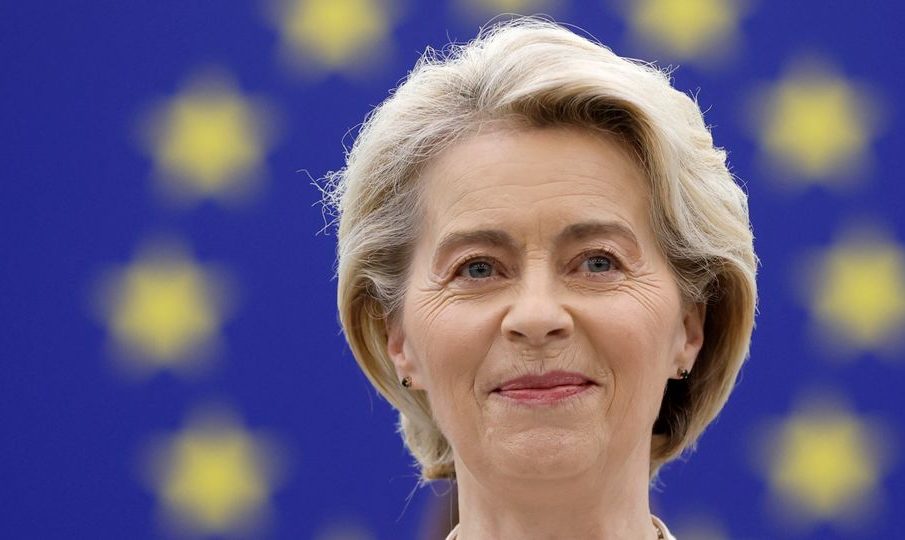Ursula von der Leyen: Leadership and Influence in Europe

Introduction
Ursula von der Leyen has emerged as a profoundly influential figure within European politics since her appointment as President of the European Commission in December 2019. As the first woman to hold this prestigious position, her leadership has been characterised by significant challenges, including the COVID-19 pandemic, climate change, and recent geopolitical tensions. Understanding her role and policies is essential not only for those within the EU but also for global observers interested in the future of European integration and international relations.
Background and Appointment
Ursula von der Leyen, a member of the German Christian Democratic Union (CDU), previously served as Germany’s Minister of Defence. Her appointment as President of the European Commission was a significant shift in the EU’s leadership landscape, coming after a deadlock in nominating candidates for the top position. Her candidacy was backed by the leaders of major EU nations, and she won the required majority in the European Parliament, marking the beginning of her mission to steer the EU toward a united and forward-looking direction.
Key Policies and Initiatives
Since taking office, von der Leyen has presented the European Green Deal, a strategic plan aiming to make Europe the first climate-neutral continent by 2050. This ambitious initiative involves not just environmental responsibility but also aims to boost economic recovery in the wake of the pandemic, creating jobs and fostering sustainable growth.
In response to the COVID-19 pandemic, her administration orchestrated the EU’s vaccine rollout, negotiating contracts with vaccine manufacturers to ensure equitable distribution within member states. Von der Leyen has also been vocal about the need for solidarity among EU nations during crises, asserting the importance of a collective approach to challenges.
Geopolitical Challenges
Von der Leyen’s leadership has not been without its hurdles. The ongoing conflict in Ukraine and the EU’s contentious relationship with Russia have posed complex challenges. Her administration has supported Ukraine through sanctions against Russia and provided humanitarian assistance. This has firmed up the EU’s position on the global stage, reinforcing its commitment to democratic values.
Conclusion
Ursula von der Leyen’s tenure as President of the European Commission represents a pivotal period for Europe. Her leadership style, marked by crisis management and proactive policies, signifies a shift towards a more integrated and sustainable EU. As Europe continues to navigate pressing issues, von der Leyen’s ability to unify member states and forward a progressive agenda will be crucial for the region’s future. Observers will be keenly watching her next moves, as they hold significant implications for both the EU and the broader international community.









